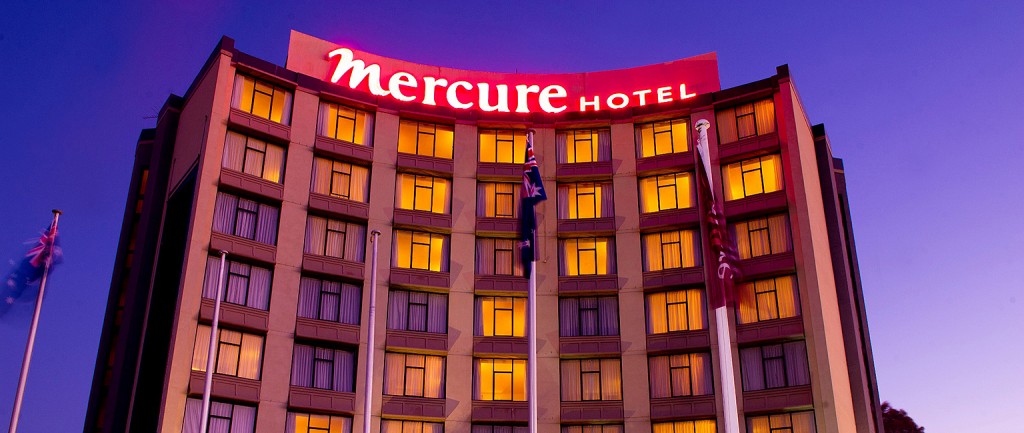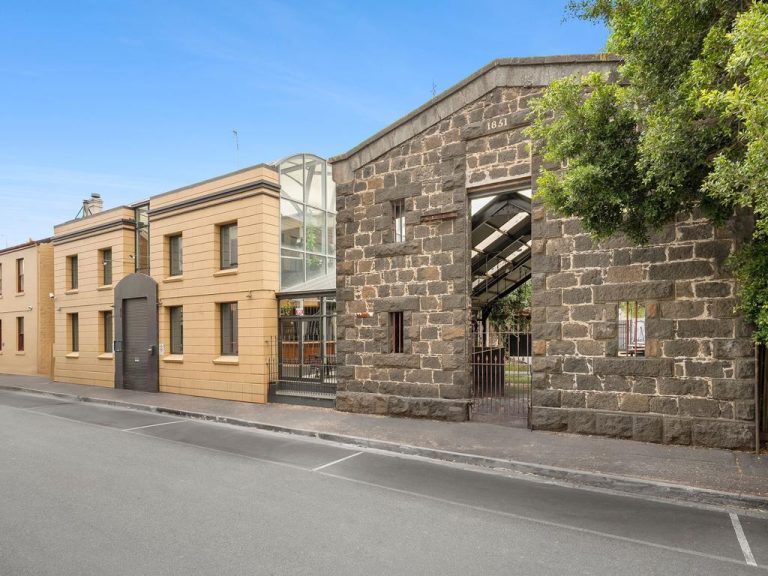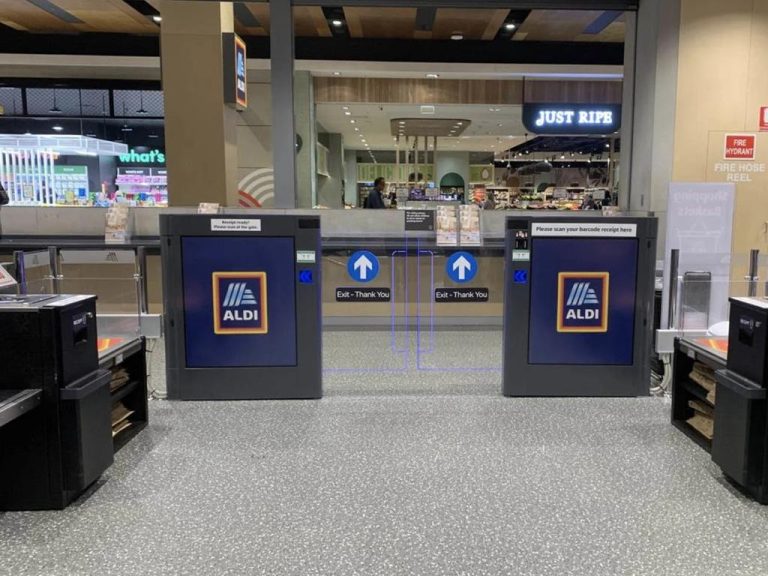Hotels finally acknowledge Airbnb threat

After years of ignoring Airbnb, international hoteliers have admitted the homestay network is having an effect on their business, declaring that any hotel operators ignoring the disrupter will pay a price.
Mandarin Oriental’s Hong Kong-based chief operating officer, Michael Hobson, says Airbnb, which has more than one million global listings, and other platforms like it affect everyone in the hotel business, no matter which end of the spectrum one operated.
“Anyone who doesn’t think that is surely fooling themselves and we certainly shouldn’t ignore them,” Hobson told The Australian at the International Luxury Travel Market in Cannes.
Commercial Insights: Subscribe to receive the latest news and updates
Hobson oversees 28 Mandarin Hotels in Asia, Europe and the US.
“One has to take into account any increase in supply in any market. An increase in inventory like Airbnb automatically affects the supply/demand equation,” he says.
But he adds that Airbnb would affect long-stay leisure businesses more than corporate travel businesses.
“Generally though, Mandarin Oriental’s customers are looking for a full-service luxury experience, with the comfort, cleanliness and security to match, rather than staying somewhere unbranded and unprotected,” he says. Hobson also revealed that the hotelier might work with the sharing economy.

International hoteliers are finally taking notice of Airbnb’s potential impact on their bottom line.
“Indeed, there may be opportunities for us on the marketing, servicing, food and beverage or concierge front. We run innovation committees within Mandarin Oriental to explore all such opportunities, but anything we would embark upon has to first make commercial sense.
Tina Edmundson, Marriott International’s chief global officer for luxury and lifestyle Brands — she is in charge of Marriott’s 30 brands following the company’s $US14 billion acquisition of Starwood — says Airbnb was “a very impressive operation and the sharing economy is here to stay and to ignore it will be silly”.
Marriott global brand leader Lisa Holladay says the company is not feeling the effects of Airbnb yet. “(But) I assume as they add more hospitality elements it could impact,” she says.
Anyone who doesn’t think that is surely fooling themselves and we certainly shouldn’t ignore them
Luxury European operator Oetker Collection’s chief executive, Frank Marrenbach, says: “There is an impact from Airbnb given Paris has the highest population of Airbnb accommodation in the world.”
But Marrenbach, who runs the opulent Le Bristol Paris Hotel as well as Eden Rock in St Barts French West Indies, makes the point that hotels are places where people came together. “You have to make them vibrant places and security is important to a lot of people,” he says.
Marrenbach adds that Airbnb accommodation did affect the luxury market, but says Airbnb should pay taxes and undergo the same regulations that apply to hoteliers.
“There will be some correction but Airbnb will stay,” Marrenbach says.
This article originally appeared on www.theaustralian.com.au/property.







